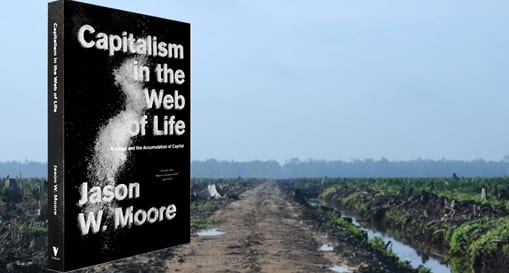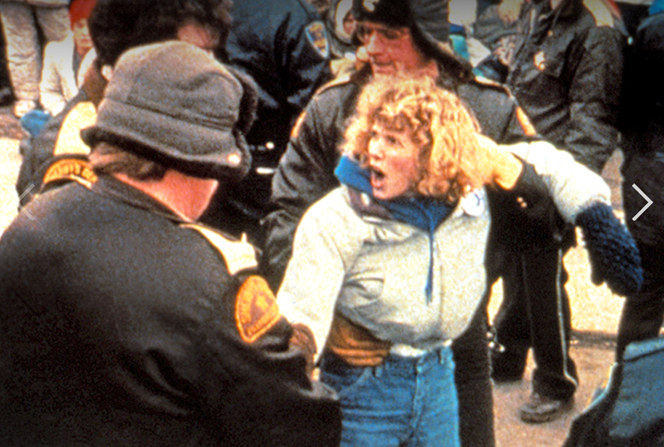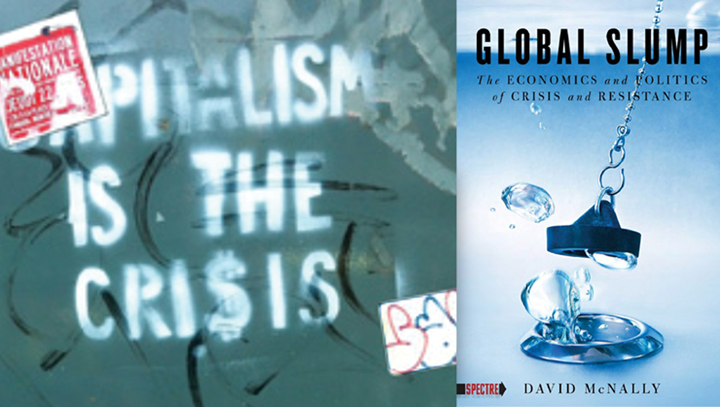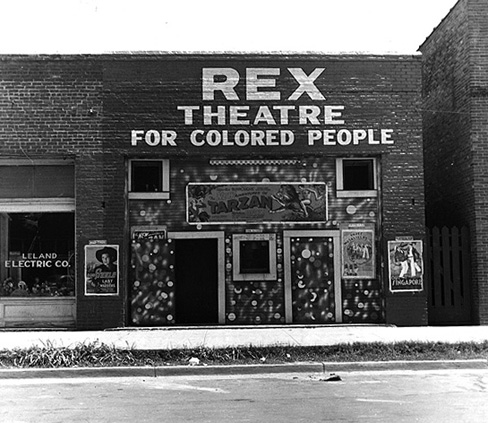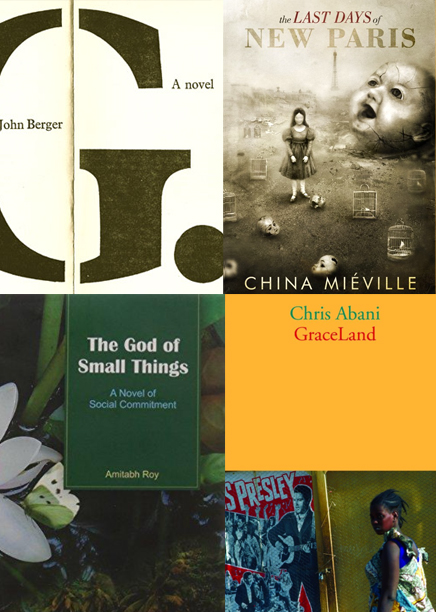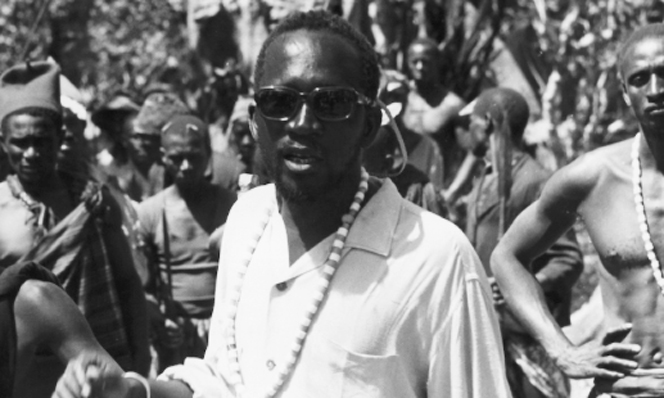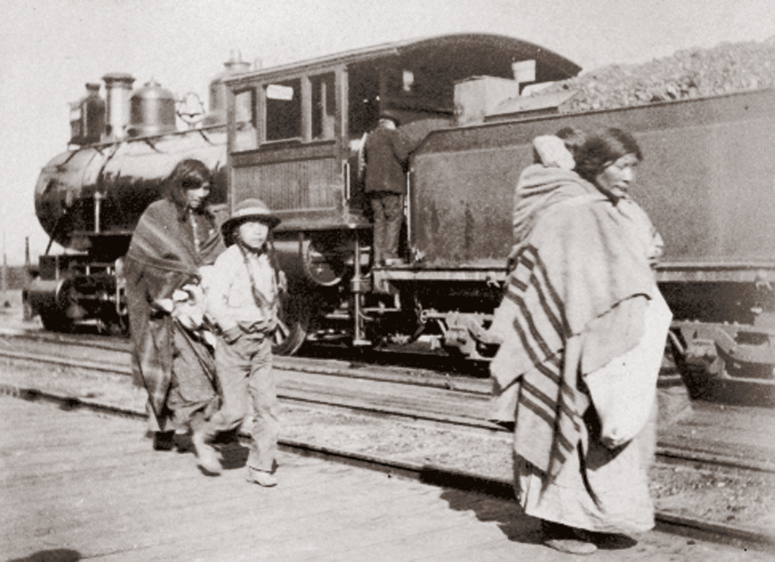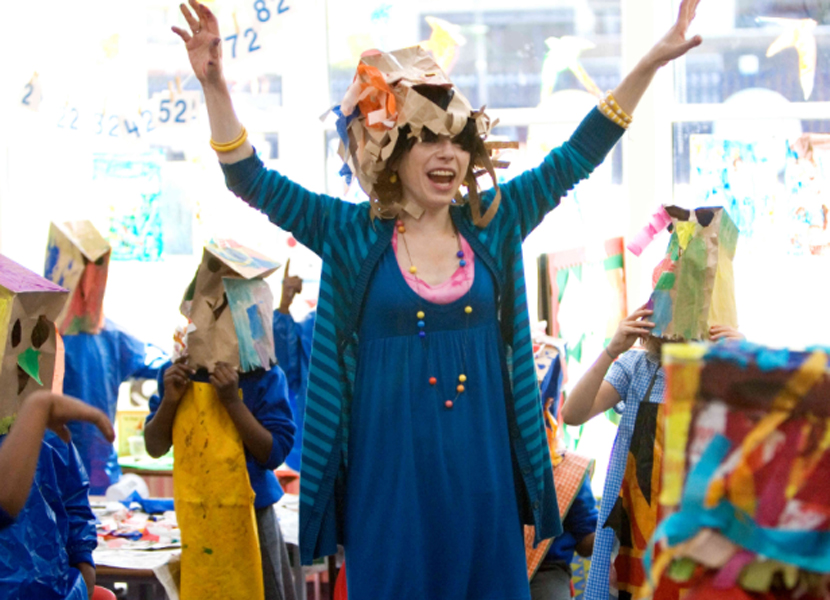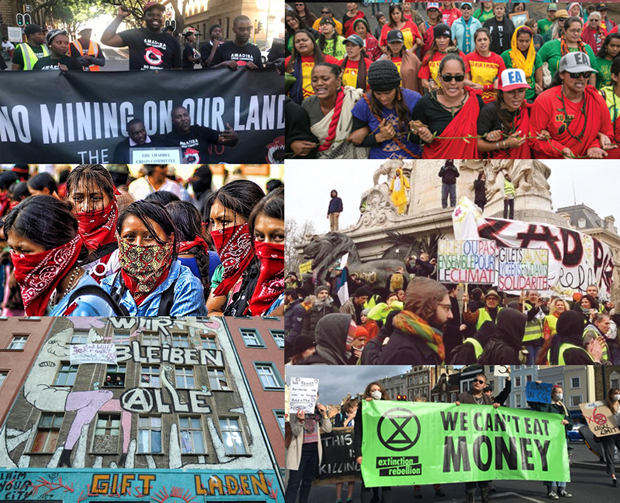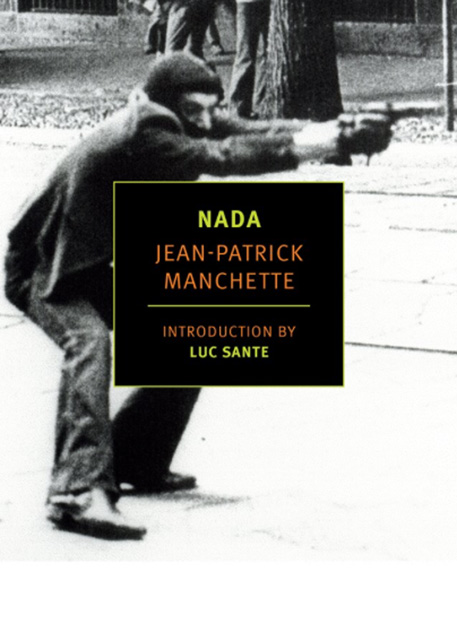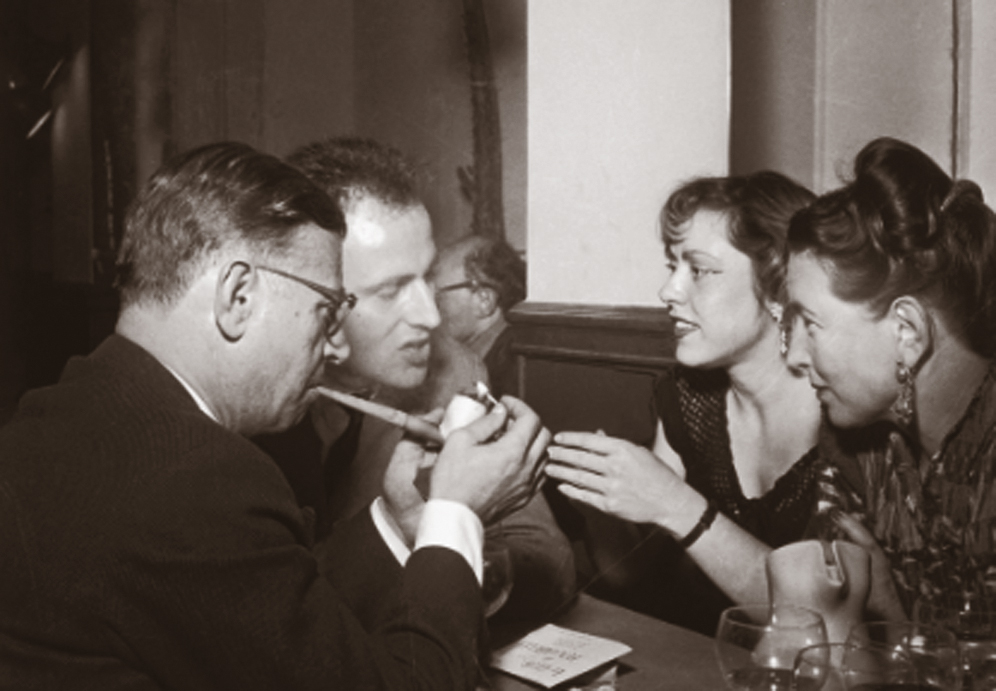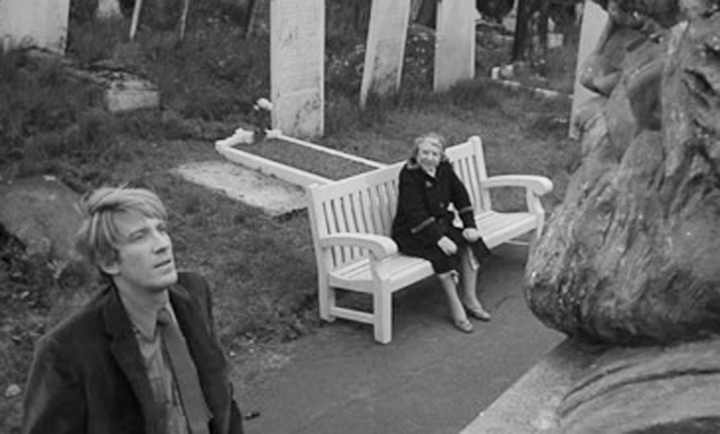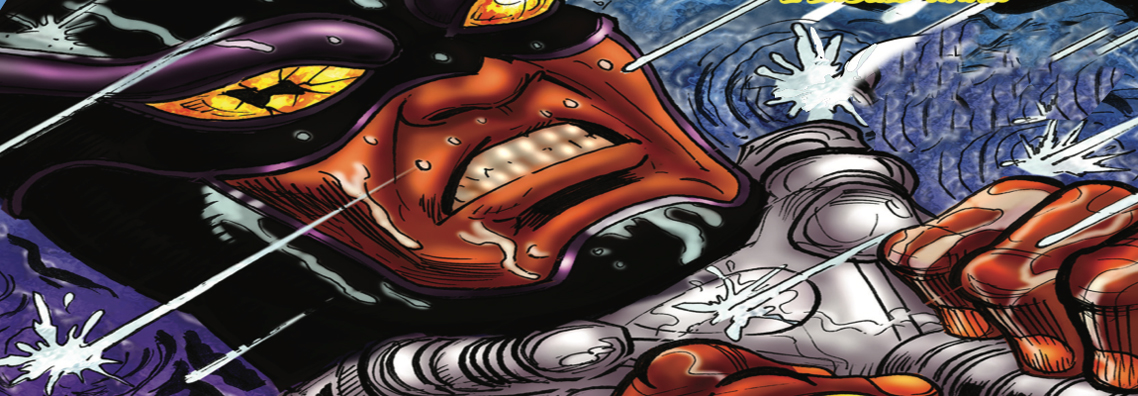Ecology, Capital and History
Join us for a close reading of Jason W. Moore's Capitalism in the Web of Life. Using Moore's world-ecology framework, we will rethink the history of capitalism as a dialectic in which wealth, power, and nature interact to produce recurring crises - including today's troubling nexus of global warming, mass extinction, and the exceeding of planetary boundaries.
Final Friday Film: American Dream by Barbara Kopple
The People's Forum 320 West 37th Street, New York, NY, United StatesAmerican Dream chronicles the six-month strike that followed during 1985 and 1986 at the Hormel meatpacking plant in Austin, Minnesota. In addition to union-company tension, there's union-union in-fighting. Hormel holds firm; scabs, replacement workers, brothers on opposite sides, a union coup d'état, and a new contract materialize. Full neoliberal agenda focussed on small town America.
Capital Crisis: 2008 Global Slump
A decade has passed but the crisis is not over. Indeed we might even say that we are only beginning to see the effects of this greatest crisis of capitalism: the rise of anti neo-liberal populism of the right and left in Trump and Sanders, Brexit, extreme austerity, all the labor and social movements such as the teachers movement in the US and the Gilets Jaunes (Yellow Vests) in France and the deepening crisis in the Middle East. The ruling class has regrouped and regained its arrogance, continuing their political and economic assault imposing ever deeper social wage cuts while ideologically taking aim at hard won democratic and civil rights. It remains important for us to understand the underlying causes within this late stage of capitalist development that led to the 2008 crisis so that we of the working classes develop our capacity to effectively take on the political, ideological and economic challenges we are facing now and in the struggles ahead for a better life for all.
Racial Boundaries: The Origin and Consequences of the Color Line in the USA
We are now taking on two readings which are keys to unlocking the power of the color line in shaping the political economy our world and in shaping the lives of African Americans. Theodore Allen’s pamphlet “Class Struggle and the Origin of Racial Slavery: The Invention of the White Race,” and W.E.B. DuBois’ “The Souls of Black Folk”.
A Spring Fever of World Literature
Four writers (John Berger, China Miéville, Arundathi Roy and Chris Abani) who have provided us with an array of work to counter the despair of late capital during this period when the scales are weighted far more towards barbarity and continual degradation of our biosphere, than towards what should be an equally shared planet by all who inhabit it. Please join us for close readings and discussions of works spanning the last century and much of the globe.
Final Friday Film: Camp de Thiaroye
The People's Forum 320 West 37th Street, New York, NY, United StatesIn Camp de Thiaroye the tirailleurs use the traditional, highly rhetorical, almost theatrical, mode of debate of their various societies, but adapt this ritual form to the only language they have in common: the pidgin which the French insultingly call “petit nègre”, a language which is both a result and a tool of colonial exploitation. Here it is revealed as having a potential for eloquence, allowing it to become a moving medium for the articulation of feelings, needs, grievances and resistance, and thus ultimately for the development of the tirailleurs‘ collective political awareness and consciousness of themselves as Africans.
How America Became Capitalist
The People's Forum 320 West 37th Street, New York, NY, United StatesHas America always been capitalist? Today, the US sees itself as the heartland of the international capitalist system, its society and politics intertwined deeply with its economic system. Parisot’s book looks at the history of North America from the founding of the colonies to debunk the myth that America is ‘naturally’ capitalist.
Final Friday Film: Happy-Go-Lucky
The People's Forum 320 West 37th Street, New York, NY, United StatesWhen Poppy takes driving lessons for the first time, her positive attitude contrasts starkly with her gloomy, intolerant and cynical driving instructor, Scott. He is emotionally repressed, has anger problems and becomes extremely agitated by Poppy's casual attitude towards driving. As Poppy gets to know him, it becomes evident that Scott believes in conspiracy theories. His beliefs are partly attributable to his racist and misogynistic views, which make it hard for him to get along with others. Scott seems to be angered by Poppy's sunny personality and what he perceives as a lack of responsibility and concern for driving safety.
Capital, Volume 2
The People's Forum 320 West 37th Street, New York, NY, United StatesHow the hell can reproduction of society as a whole take place when there is no conscious social planning that insures that all needs are met and in the necessary proportions such that a continuous reproduction of the conditions of life can take place and reproduce the capitalist relations of production? By looking at capitalist social reproduction from this viewpoint, in Volume II we discover the solution to this problem while new internal contradictions and instabilities at a societal level inherent to this mode of production are explained.
Zones of Liberation
Verso Books 20 Jay Street #1010, BrooklynEach decade going forward will lead to the demise of ever more species from the microbial to fully sentient beings like ourselves, all the result of the insatiable proliferation of the capitalists pursuit for ever greater profit and continuous expanding accumulation of their money capital even if to do so requires the end of life on this planet as we know it.
In response to this, The Marxist Education Project is closing this summer and revving up to meet the challenges of 2020 with an inaugural event on Global Capital and the Struggle for Socialism. We will begin on August 24 with an afternoon panel with Salonee Bhaman, George Caffentzis, Silvia Federici, Gabriel Rockhill and others, followed by evening workshop discussions.
Jean-Patrick Manchette’s Nada
Unnameable Books 600 Vanderbilt Avenue, Brooklyn, NYWe are getting together to celebrate and discuss the release of Nada, but our subject will also include all the works of Manchette
Les Temps Modernes: The Early Decades
This class will examine the first decades of its existence, when such important works as Sartre’s What is Literature appeared in it, as well as the first installments of Beauvoir’s The Second Sex. It will focus on its political positions, as Sartre first attempted to set up a third-way party...
A Summer of Further Discontent: Noir Fiction and the City
This summer our noir group will visit our old stomping grounds of Los Angeles but will begin our summer of more discontent with Narcopolis, set in Mumbai, then after two stops in L.A. go off to Glasgow before dipping south to finish our summer in Paris with the soon-to-be-published Nada.
Morgan: A Suitable Case for Treatment
Morgan is both of its time and points forward to the darker popular culture that would ensue later that year and into 1968, the year of international youth revolution. Indeed, its popularity among the young may well have facilitated this radicalization, certainly within Britain. The film's depiction of madness is deliberately ambivalent. The inner logic of Morgan’s statements and his sure self-knowledge, as well as his rejection of the consumer society’s superficial trappings, mark him as the only sane character. —Jon Savage, The Guardian
Commie.con
New Perspectives Theatre 456-458 West 37th Street, New York, NY, United StatesRespite from the huge comic.con at the Javits Center is this Commie.con. Panels you can hear and easily ask questions during. Interesting vending. Supports a vital theater and The MEP.

